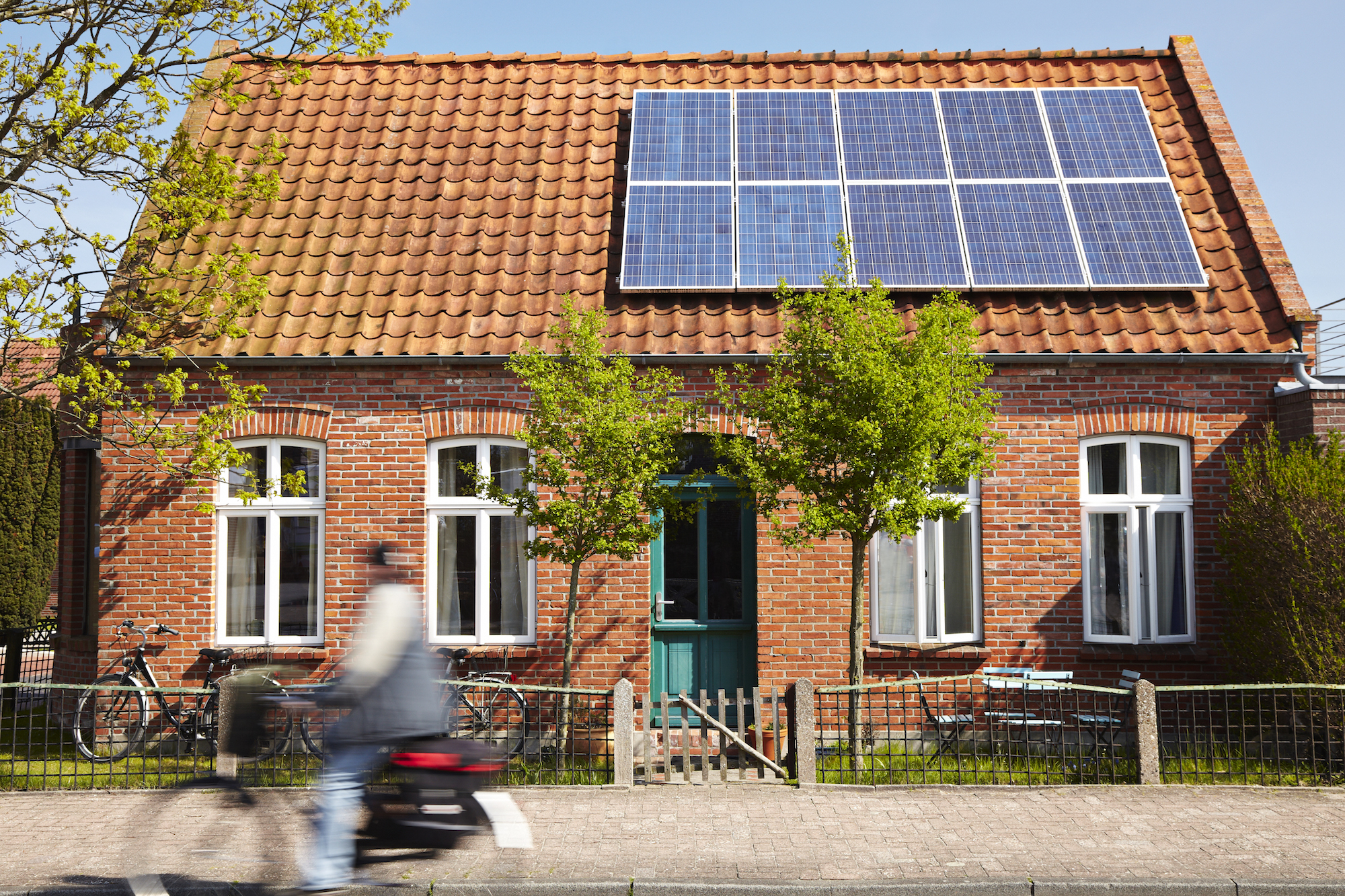Days
Hours
Minutes
Seconds
May 1 2026 - Renters' Right Act Commencement Day
You have 0 days to:
Serve any final Section 21 notices
Stop accepting above-asking rent offers
Prepare for the rental bidding ban
Remove “No DSS” from adverts
Remove “No Children” from listings
Show one clear rent price
Stop using fixed-term agreements
Switch to periodic tenancy templates
Check which tenancies go periodic
Stop taking rent before signing
Take no more than one month’s rent
Move all evictions to Section 8
Train staff on new notice rules
Create Section 13 process flow
Add two months to rent reviews
File court claims for Section 21s
Update landlord move-in grounds
Update landlord selling grounds
Send the RRA Information Sheet
Create written terms where missing
Update How to Rent processes
Review tenant screening questions
Update pet request processes
Stop backdating rent increases
Discuss rent protection backbooks
Act now before it is too late...
Three ways to go green in the lettings industry
Go green and grow your business. What are the secrets letting agents could use to wow and win more landlords?
Victoria Brush
Sep 11, 2024
The UK is on a mission to become a clean energy superpower. With a new Labour government pushing for net zero by 2030, every sector, including the private rental sector, is under pressure to contribute.
Following the surge in energy prices for UK households, with the average gas and electricity bills amounting to £1,331, and energy in housing accounting for 14% of total UK emissions, rental energy standards will likely play a crucial role in achieving net-zero goals. Raising the Minimum Energy Efficiency Standards is just the beginning.
The cost of living crisis and still-high energy bills only add to the focus on minimising energy usage. Going green may require investment, but there are opportunities.
Here are some tips to encourage green practices in the private rental sector:
- Encourage upgrading a property's EPC rating
- Be digital-first in a letting agents' day-to-day
- Consider the extras that make the difference
Encourage upgrading a property's EPC rating
Since 1 April 2020, private rented households have required an Energy Performance Certificate (EPC) rating of at least E. However, the Labour government has confirmed in their manifesto that all rented properties must achieve a minimum EPC rating of C by 2030.
Despite this, the BBC reported in 2023 that six out of ten private rental homes still failed to meet energy efficiency standards.
Letting agents should therefore encourage landlords to ensure their properties meet, if not exceed, the minimum EPC rating requirements.
Landlords can invest up to £3,500 towards improving rental properties - whether by insulating the loft, roof, or walls, upgrading the boiler, or installing low-energy lighting, among other measures.
If your landlords make these updates, you can market the property as an energy-efficient rental, providing a unique yet desired selling point.
As the Labour government aims to raise the minimum EPC requirements to a C rating or higher, letting agents can start encouraging landlords to upgrade properties now before it becomes a legal requirement.
Letting agents can strengthen their relationships with existing landlords by offering advice on how to improve energy efficiency and EPC ratings. This will not only establish you as a property management expert but also help reduce landlords’ costs in the long term.
For example, better insulation reduces the risk of dampness and decreases maintenance needs. It also ensures that landlords won’t have to rush to complete upgrades when higher EPC ratings become mandatory.
Be digital-first in a letting agents' day-to-day
Letting agents can reduce their paper trail, giving their agency a green boost and creating more efficient ways of working.
Letting agents know the paperwork burden in property management. Streamlining this digitally reduces admin time and ensures compliance. With one tech platform, agents can manage e-signing, online payments, and digitised documents all in one place.
Incorporating digital-first software, such as Goodlord, into a letting agency will help manage elements of the pre- and post-tenancy process without compromising on energy efficiency.
Agents should also consider moving parts of their lettings process online. Virtual tours and video conferencing can reduce the need for frequent property visits, cutting down on car trips.
Consider extras that make the difference
Letting agents should explore additional steps to make their agency greener. This will not only help boost the agency’s bottom line but also become a unique selling point to attract new landlords.
A 2023 report conducted by MRI found that 70% of renters believe that offering green credentials is important. Nearly half of renters also consider a lack of green practices a deal breaker when choosing a new agency.
Showcasing how your letting agency enacts green practices will not only attract new tenants but will also demonstrate to landlords that you understand the market and have their best interests.







.jpg)
